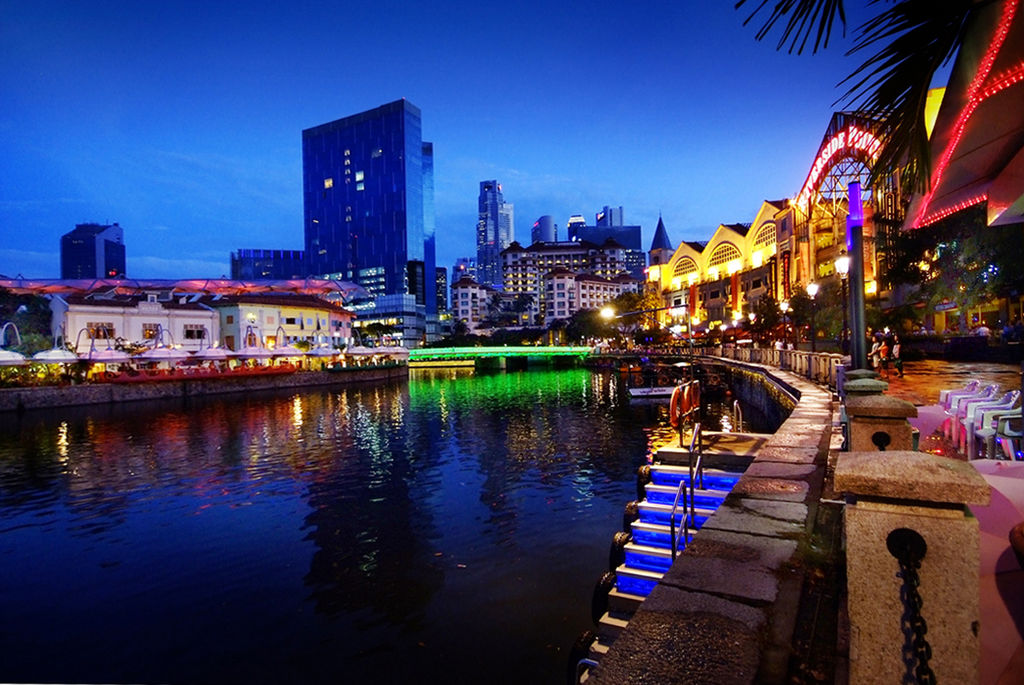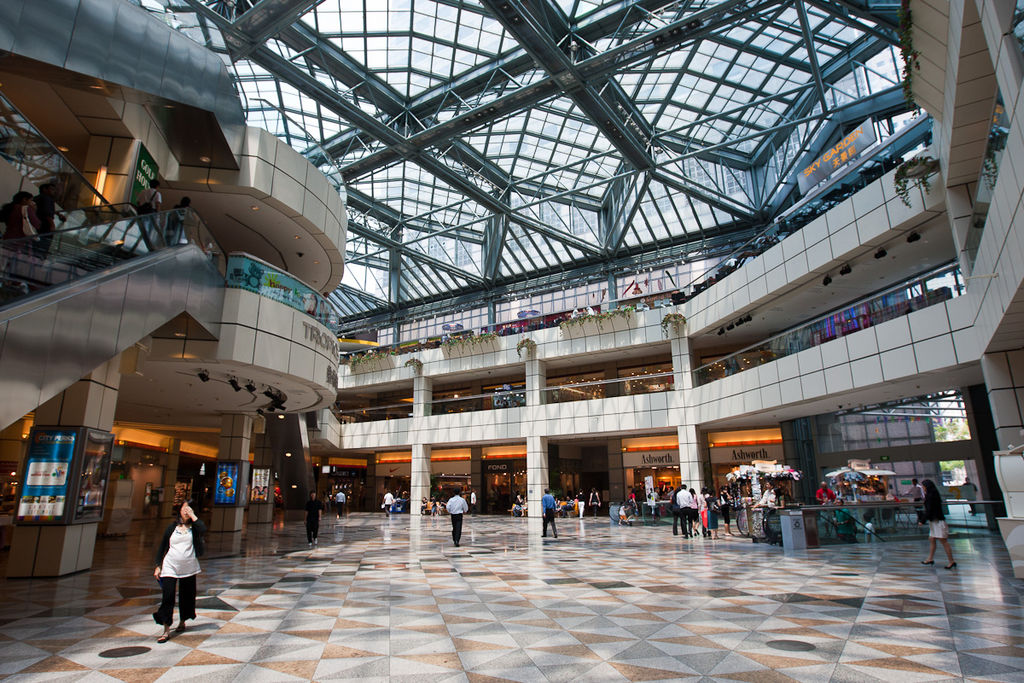Singapore has announced the closure of all bars and entertainment venues like nightclubs, discos, cinemas, theatres, and karaoke outlets as COVID-19 cases in the country went past 500 on March 23.
Citing the fact that many countries, including India and the UK, have gone into lockdown, the Ministry of Health said that Singapore cannot afford to be complacent and thus “we must implement tighter safe distancing measures now to minimise activities and exposure, so as to significantly reduce the risks of seeding new local clusters”.
The Multi-Ministry Taskforce has decided to enforce stricter measures that would limit gatherings outside of work and school to 10 persons or fewer, and ensure that physical distancing of at least one metre can be achieved.
These measures will take effect from 26 March 2020, 2359 hours. In all likelihood these restrictions will last till 30 April 2020, but could also be extended.
For Entertainment Venues
All bars and entertainment venues like nightclubs, discos, cinemas, theatres, and karaoke outlets to be closed as there is a high risk of transmission due to sustained close contact over a period of time.
Public venues such as retail malls, museums and attractions, where contact is more transient, to remain open for now. However, operators are to ensure the following:
- Reduce operating capacity so that the venue does not have more than one person per 16 square metres of usable space.
- Groups must not exceed 10 persons. Shows within attractions (indoor and outdoor), group tours at the museums, and open atrium sales events will be suspended.
- Disperse congregations and provide an environment that allows at least one metre physical spacing between patrons, including queues and waiting areas.
- Retail malls and attractions that are unable to adhere to these requirements have to be closed. Penalties could be imposed on those which are found to have been a place of transmission of COVID-19, if they have not adhered to these requirements.
Organised tours in public venues (e.g., sightseeing or guided walking tours) to be suspended.
Other activities such as live music or karaoke which are likely to cause patrons to congregate are to cease.
Food and beverage outlets must set up their spaces (arrangement of tables and seating) to ensure separation of at least one metre between tables or different groups of diners. Related diners (e.g. family members, couples) can be seated together at one table, but the tables must be spaced out.
Groups of diners should also be limited to 10 persons or fewer.
Tuition and Enrichment Centres
All centre-based tuition and enrichment classes to be suspended. This is to reduce the intermingling of students from different schools.
Faith-based Activities
All religious services and congregations to be suspended. Places of worship (e.g. temples, mosques, churches) can only remain open for private worship and essential rites, with no more than 10 people present at a time.
Events
All events and mass gatherings (e.g. conferences, exhibitions, festivals, concerts, sporting events, trade fairs) are to be deferred or cancelled, regardless of size.
Singaporeans are advised to avoid holding and participating in social events and gatherings involving more than 10 persons at any one time. These include private celebrations like birthdays and weddings.
For funerals and wakes, attendance should be limited as far as possible to family members only, and gatherings of 10 or fewer people at any one point.
Workplaces
Employers should put in place measures to reduce close physical interactions amongst employees. Tele-conferencing should be used in place of physical meetings wherever possible. Where employees can perform their work by telecommuting from home, employers are to ensure that they do so.
For Seniors and Persons with Underlying Conditions
The suspension of activities for seniors is extended to 30 April 2020.
Seniors and individuals with underlying chronic medical conditions (e.g. heart disease, diabetes, lung disease) are advised to avoid social gatherings and crowded places as far as possible, and to only go out for essential purposes (e.g. work, purchase food and supplies).
Enhanced Precautions for UK/US Returnees
As per MOH, the UK and US account for the largest share of imported cases in Singapore.
As more Singapore residents, including a sizeable group of Singaporean students, are expected to return from these countries over the coming weeks, the government is working with hotel operators to provide dedicated facilities for the returnees to serve their 14-day SHN.
Transportation will be arranged to send the returnees directly from the airport to the hotels and each returnee will have their own room/toilet. They will also be provided all their meals, so that they can avoid physical contact with other individuals.
The new SHN arrangement will take effect for all UK/US returnees from 25 March 2020, 2359 hours.
Legal enforcement of safe distancing measures
The Ministry of Health (MOH) will be promulgating Regulations under the Infectious Diseases Act to give legal force to the safe distancing measures, as well as to provide enhanced penalties for breaches of the SHN.
The penalty for an offence under the Regulations, including any SHN breach, would be a fine of less than SGD 10,000 or imprisonment of less than six months or both.
Government agencies will also step up enforcement efforts against persons on SHN, using a combination of mobile applications, phone surveillance and house visits. The number of officers conducting such checks will be increased to tighten enforcement efforts.
Detailed checks will also be carried out to verify the declared addresses of returning residents on the SHN forms.
A centralised call centre will be set up from 26 March 2020 to handle all SHN-related queries.
For Singapore Residents and Long-Term Pass Holders who Disregard Travel Advisory
Any Singapore resident or Long Term Pass holder who leaves Singapore from 27 March 2020 will be charged at unsubsidised rates for their inpatient stay at public hospitals, if they are admitted for suspected COVID-19 and have onset of symptoms within 14 days of returning to Singapore.
Singapore residents will also not be able to claim from MediShield Life or Integrated Shield Plans for these treatments at public and private hospitals.
Any work pass holder or his/her dependant who leaves Singapore from 27 March 2020 will be deprioritised for entry approval and could see significant delays before they are allowed to return to Singapore if they persist in travelling abroad and return infected.
Community Isolation Facility
The government has also set up a Community Isolation Facility at D’Resort NTUC (1 Pasir Ris Close) with a maximum capacity of about 500 persons, which is operational from 24 March 2020.
Patients who are clinically well enough to be discharged from medical care but still test positive for COVID-19 will be placed in this facility for isolation and care. This is to make more efficient use of hospital resources.
Patients who are clinically fit for discharge but are still COVID-19 positive will be isolated in this facility until after they test negative for COVID-19. The cost of isolation in the Community Isolation Facility will be borne by the Government.





